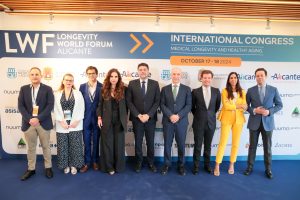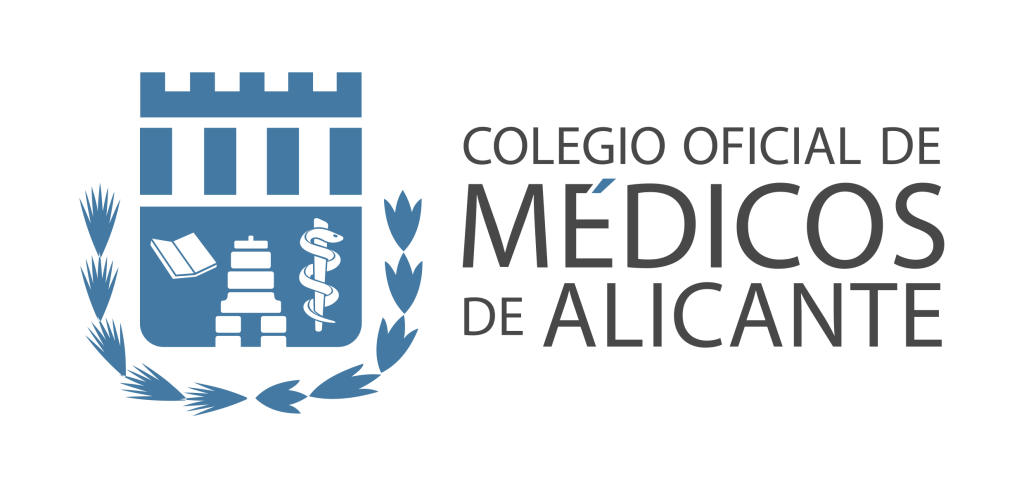Dr. Manuel Collado will be one of the speakers in the first session of #Longevity19, which will focus on will be one of the speakers in the first session of #Longevity19, which will focus on exploring longevity by presenting different research, from basic to applied, that is currently being carried out in this field. In this brief interview, he offers an insight to his perspective and to his work.
Why do you think it is important that the scientific community in particular and society in general should focus its attention on longevity?
Today’s society is characterised by the enormous increase in longevity experienced in recent decades. This increased longevity implies a radical change in the structure and composition of our society with major consequences, mainly in health. Aging is the main debilitating factor of our health and the ultimate cause of an enormous amount of diseases that lead to increased dependency and mortality. Addressing the basic mechanisms that contribute to ageing could provide us with new forms of prevention and treatment of the common bases of a large number of pathologies.
In your opinion, what does a meeting like the Longevity World Forum mean and why did you decide to participate?
The Longevity World Forum provides an exceptional opportunity to meet leading experts in the field of longevity and in the study of the fundamental aspects of ageing, a unique opportunity to learn at first hand the latest trends in this field, which are experiencing an enormous advance that could represent a radical change in the way we understand and approach this area of knowledge.
What should we understand by cellular senescence and what impact does it have on aging?
Cellular senescence is a process that is unleashed in the cells of the organism in response to damage experienced over time. As such, it plays a positive role in defending us from these aggressions; but as time goes by, these damaged cells accumulate in our tissues, damaging their normal function and even inducing changes that deteriorate their activity. Today we have sufficient evidence to affirm that this accumulation of senescent cells makes a significant contribution to a large number of so-called age-related diseases, and it has even been shown that eliminating them specifically improves the state of health at an advanced age in experimental animal models.
How do you think our life expectancy and our quality of life will evolve in the next decade?
Life expectancy has increased at a steady and sustained rate for more than a century now. There are discrepancies with regard to the possibility of exceeding a maximum age for the human population, and there are even those who dispute whether we can continue to increase average life expectancy even further. However, data shows us that our life expectancy is continuing to increase and that this greater longevity is always accompanied by a period of healthy living. “Our goal must be to reach an advanced age in a better state of health and to remain free of disease as long as possible.” But all this will only be possible with increased investment in both research and health.
What are you currently working on at CHUS and IDIS?
One of the main objectives of our IDIS laboratory is the study of cell senescence. We are interested in gaining a better understanding of this process: what its physiological functions are, how it contributes to pathologies, how we can alter them by increasing or eliminating senescent cells.
In your opinion, what has been the most important advance in the field of longevity since last year?
All the contributions of the various groups that have demonstrated beyond doubt how senescent cells contribute to very different pathologies associated with ageing and how it is possible to intervene therapeutically in them by selectively eliminating these cells.





